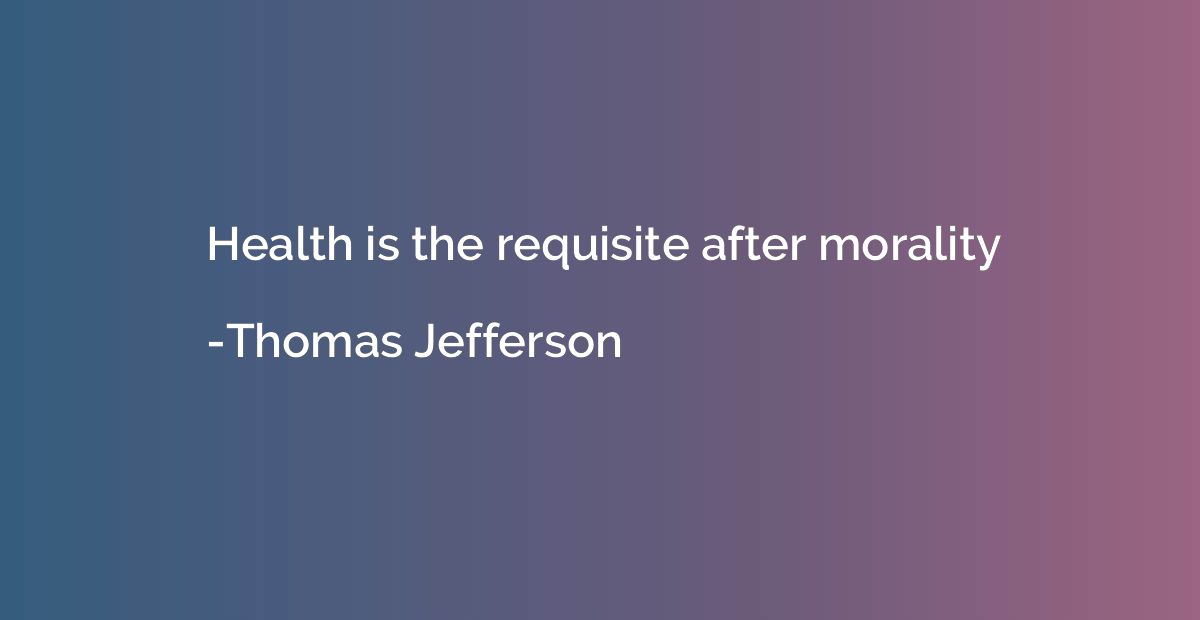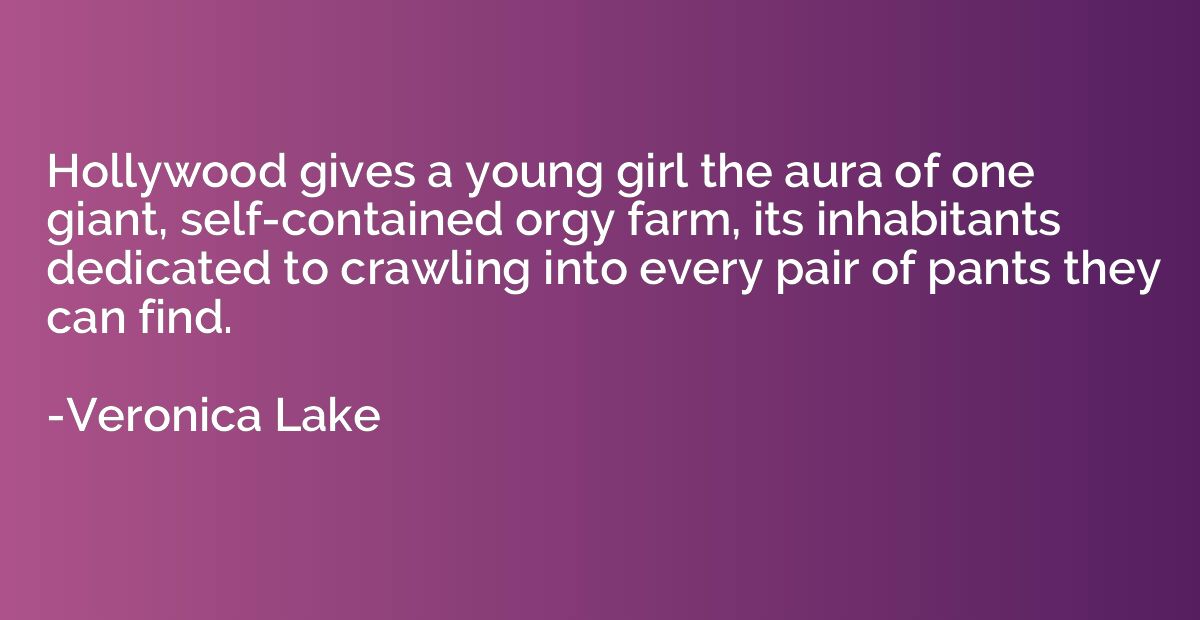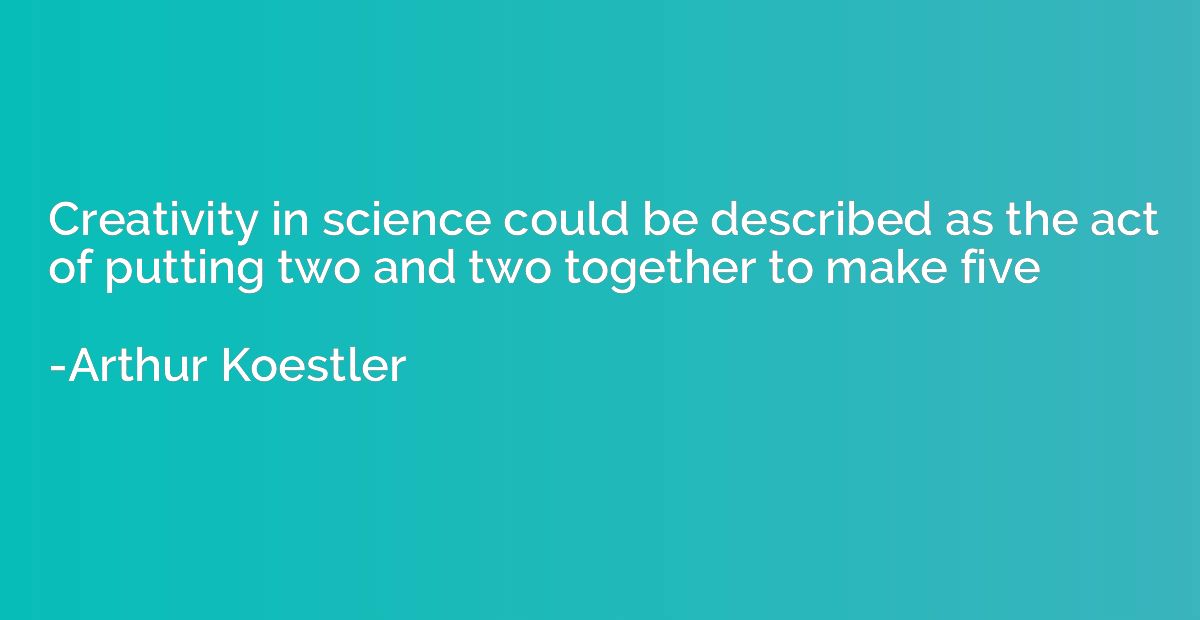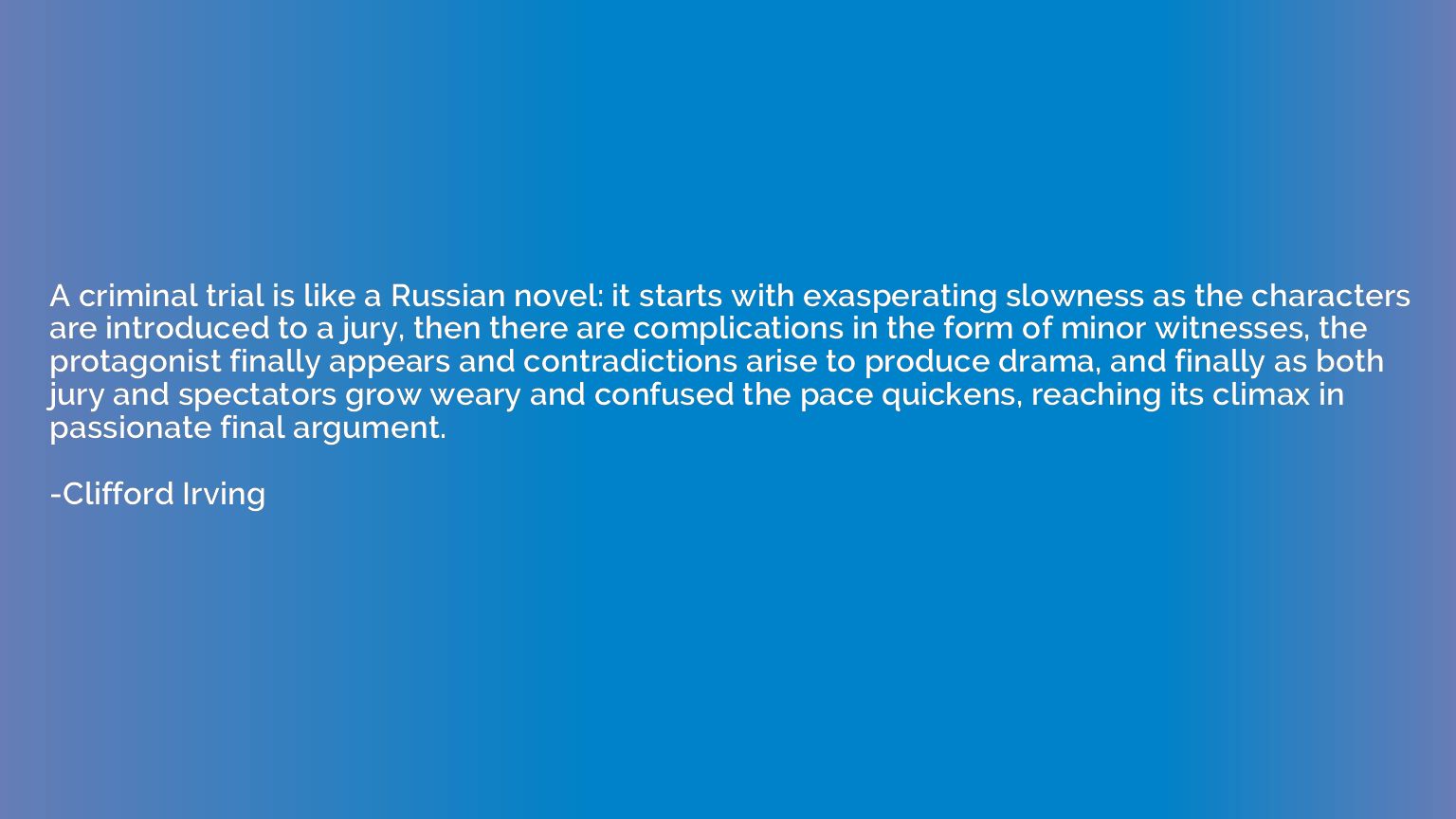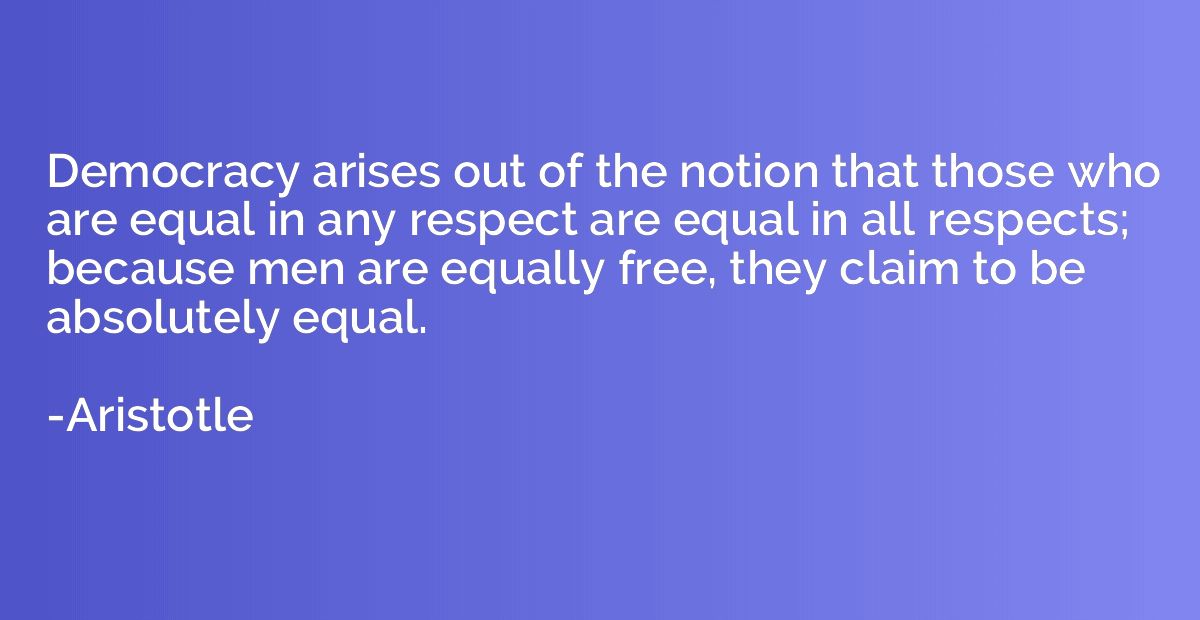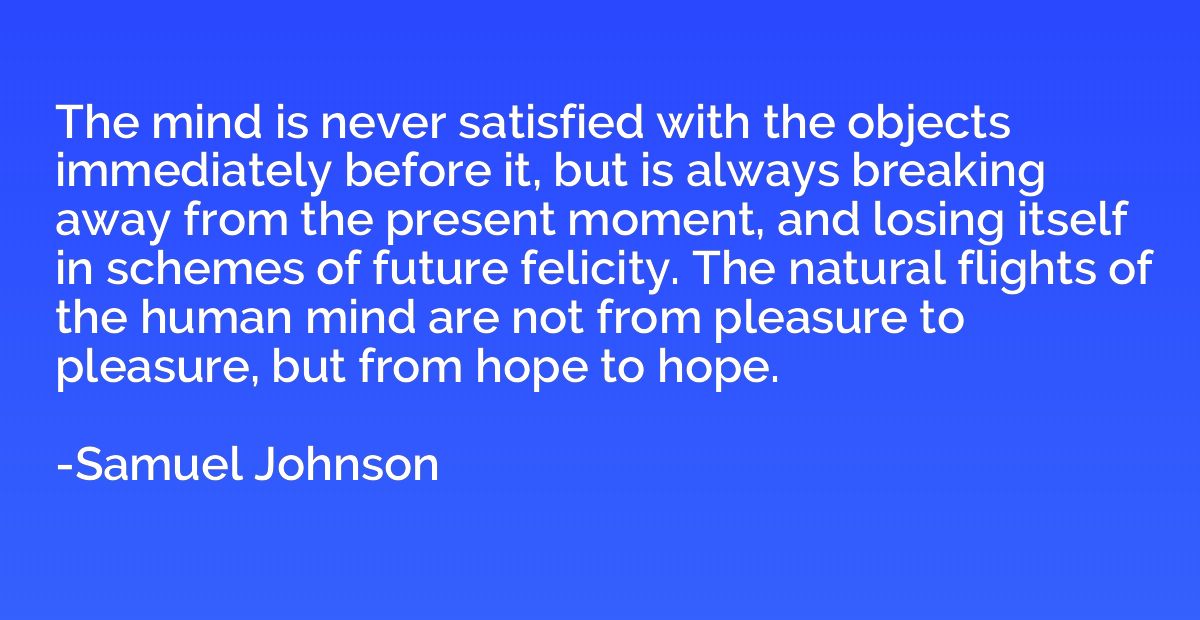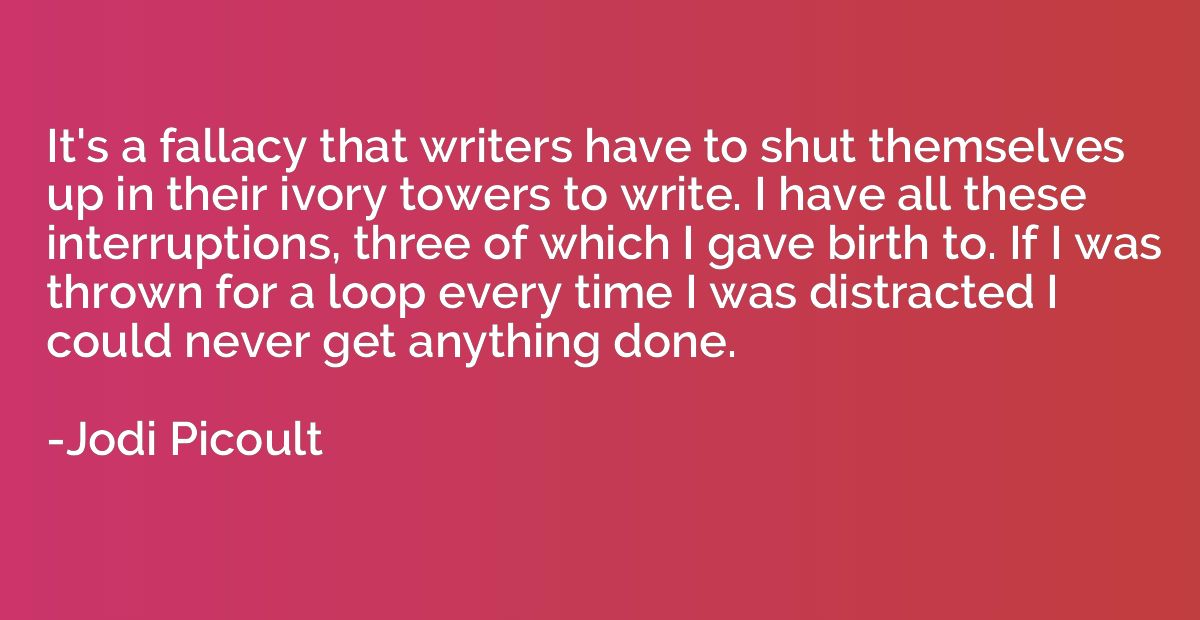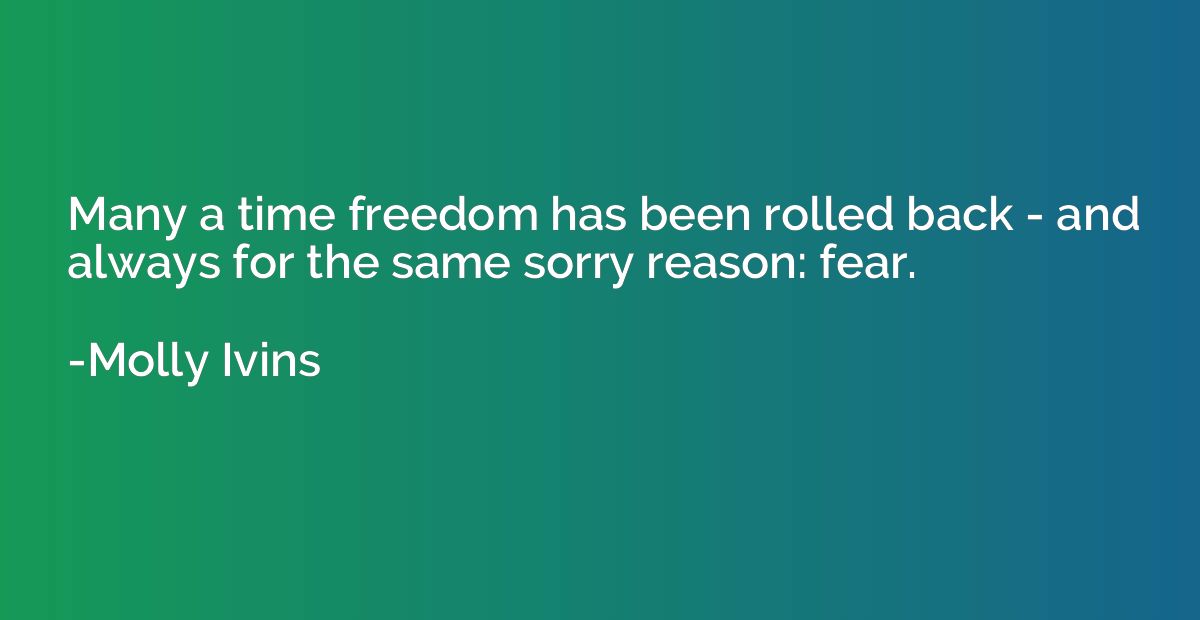Quote by George Steiner
It is not the literal past that rules us, save, possibly, in a biological sense. It is images of the past. Each new historical era mirrors itself in the picture and active mythology of its past or of a past borrowed from other cultures. It tests its sense of identity, of regress or new achievement against that past.
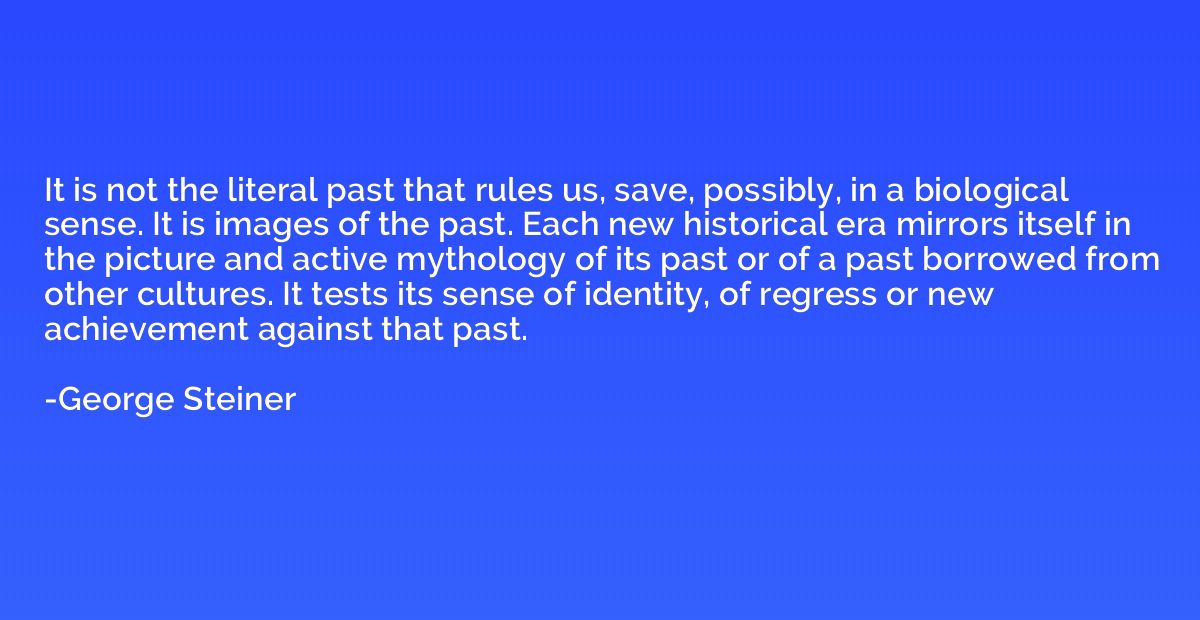
Summary
This quote suggests that it is not our direct experiences of the past that dominate our actions and attitudes, but rather the mental images and narratives we construct about the past. These images, whether accurate or borrowed from other cultures, shape our understanding of our history and serve as a reference point for evaluating our progress as a society. Each era creates its own mythology and identity by comparing itself to the past, thereby determining if it is advancing or regressing.



